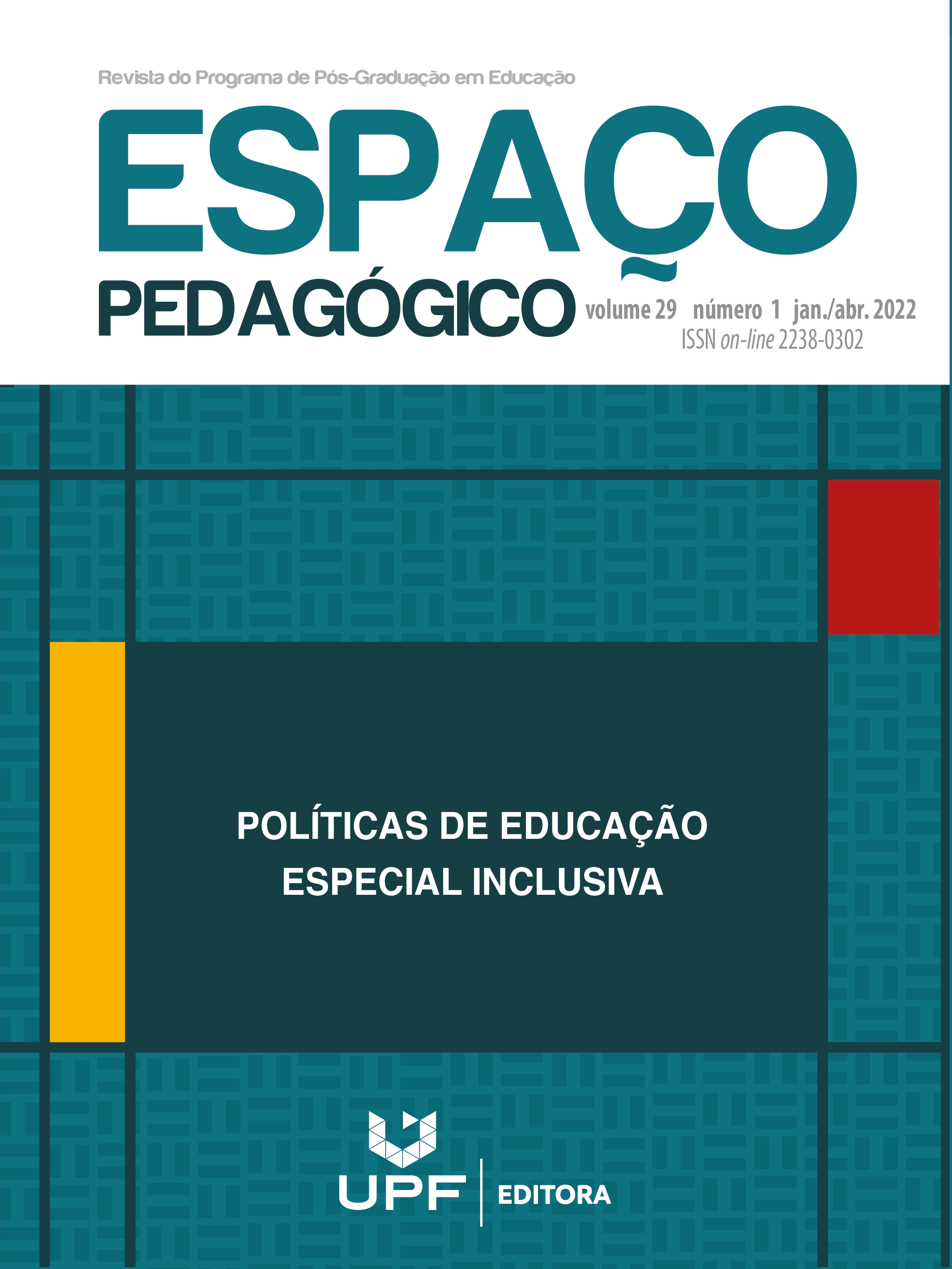Identity policy and recognition in Taylor and Honneth: normative sources in the educational field
DOI:
https://doi.org/10.5335/rep.v29i1.11063Keywords:
Education. Philosophy of Education. Theory of recognition. Inclusion. Differences.Abstract
The objective of this article is to analyze the philosophical presuppositions of normative character, indexed to the modern theory of the present recognition in Charles Taylor thoughts and Axel Honneth. This reflection is guided starting from the field of the philosophy of the education in Brazil which if you can observe that the entrance of the theory of the recognition felt, for the most part, through the circles of reading of the critical theory and of the hermeneutics. Subdivided in two parts, the first is in charge of the relationships between the identity and the politics of the recognition in Taylor, while, second tries to reconstitute from the critic of Honneth to the sociological deficit of the first generation of the critical theory, going by Foucault arriving to the conceitualização of the moral grammar of the recognition. With that, it was waited to produce a reflection on the foundations of the social inclusion, particularly, in what if you mean to the school extent and the education politics. Stand out that weigh the differences of approaches among the authors in what, first, a horizon common of valorization exists from the intersubjectivity to the subject's formation that guarantees a normatividade of the recognition as expectation of own respect, second, in the limit, the false or the recognition absence they will produce a base motivacional, exactly, for the privation and degradation that promote, to engender new fights for recognition.



